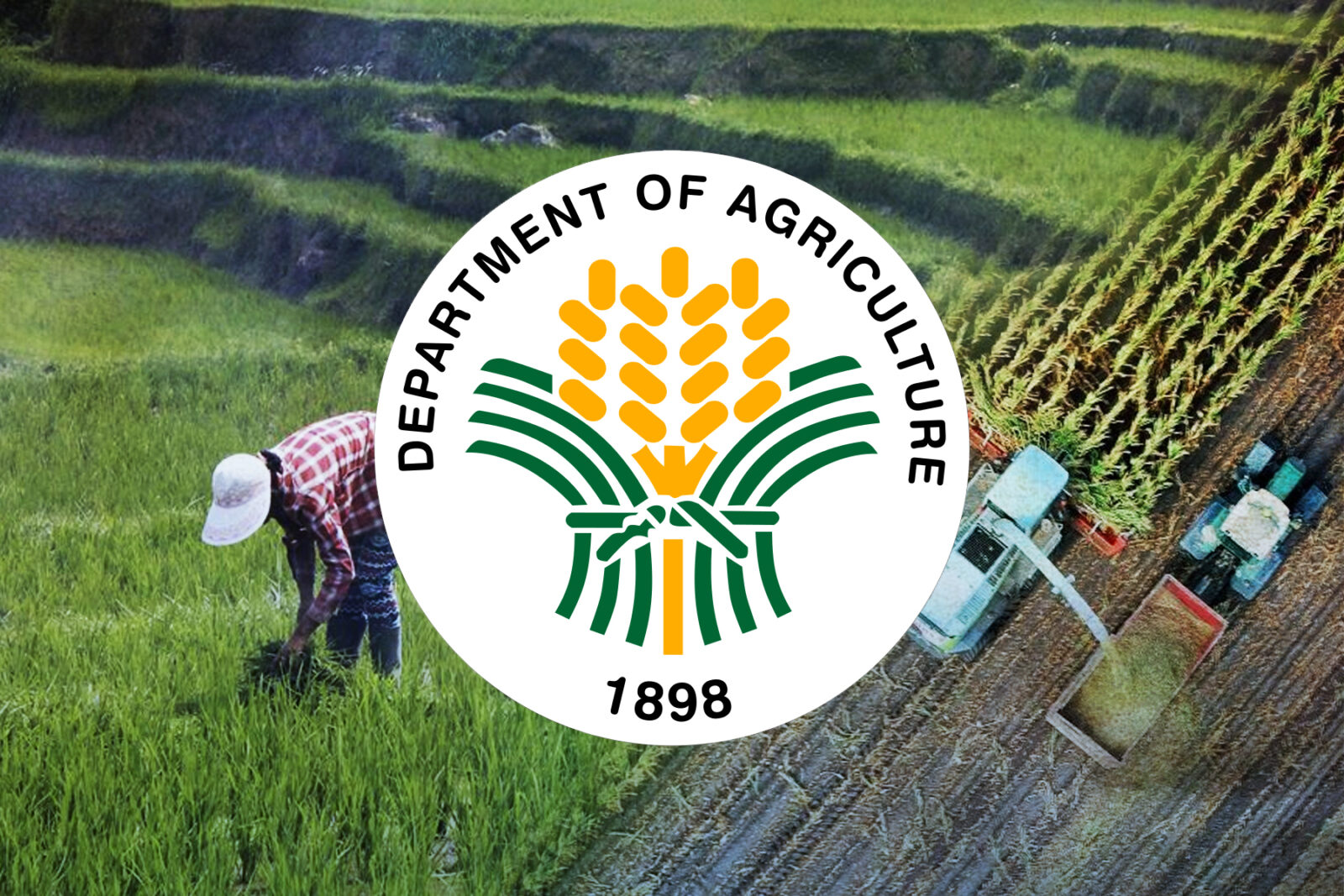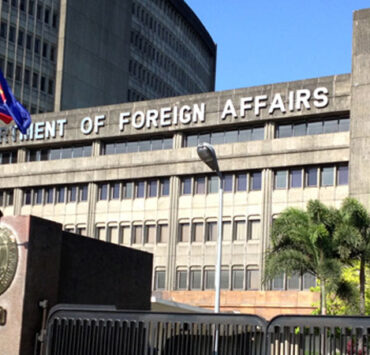DA to consumers: Brace for higher veggie prices

Consumers should brace for higher retail prices of vegetables following the severe impact of the recent weather disturbances on the agriculture sector.
“When typhoons hit the country, normally there is an expected 10 to 15 percent increase in vegetable prices. It depends on what areas are affected,” Agriculture Assistant Secretary Arnel de Mesa said in a telephone interview on Monday.
According to De Mesa, concurrently spokesperson for the Department of Agriculture (DA), Metro Manila may experience vegetable supply and price disruptions, although this will be temporary since there are alternative sources and areas planted to vegetables tend to recover quickly.
Pechay, carrots
“We can expect prices to shoot up for a maximum of one to two weeks but it will normalize immediately,” he noted.
Based on the DA’s price monitoring, a kilo of pechay Baguio ranged from P90 to P170 as of Oct. 31, or an increase of 50 percent to 78.9 percent from the P60-P95 range recorded by the agency on Oct. 1, before the onslaught of Severe Tropical Storm “Kristine” (international name: Trami).
Carrots ranged from P120 to P200 a kilo, rising by as much as 50 percent from P80-P160 at the start of October.
Prices of bitter gourd (ampalaya) decreased to P80-180 a kilo from P120-P190.
Meanwhile, pechay Tagalog retailed between P70 and P150 a kilo compared to P110 to P140 on Oct. 1, while eggplant was sold from P110 to P130 a kilo from P100-P180.
Prepare for new storm
Kristine was the last typhoon that made landfall in the country, causing P5.75 billion in losses to the farm sector and affecting 131,661 farmers and fisherfolk, based on the DA’s latest tally.
Rice was mostly hit by the storm, incurring P4.25 billion in losses, followed by high-value crops worth P847.48 million and fisheries amounting to P446.22 million.
The DA estimated the area of standing crops that may be affected by incoming Tropical Storm “Marce” (international name: Yinxing) at 1.08 million hectares, primarily areas for rice cultivation.
The agency has advised farmers to harvest mature crops, mobilize postharvest equipment and facilities, and keep seed reserves, planting materials and other farm inputs in proper storage areas.
They were also told to relocate farm machines and other farm tools, secure enough feeds and water for relocated animals and clear drainage in irrigation and rice paddies from obstructions.
Fishers were advised to perform early harvest and mobilize postharvest facilities, secure fishing vessels in higher ground and avoid sea travel.

















